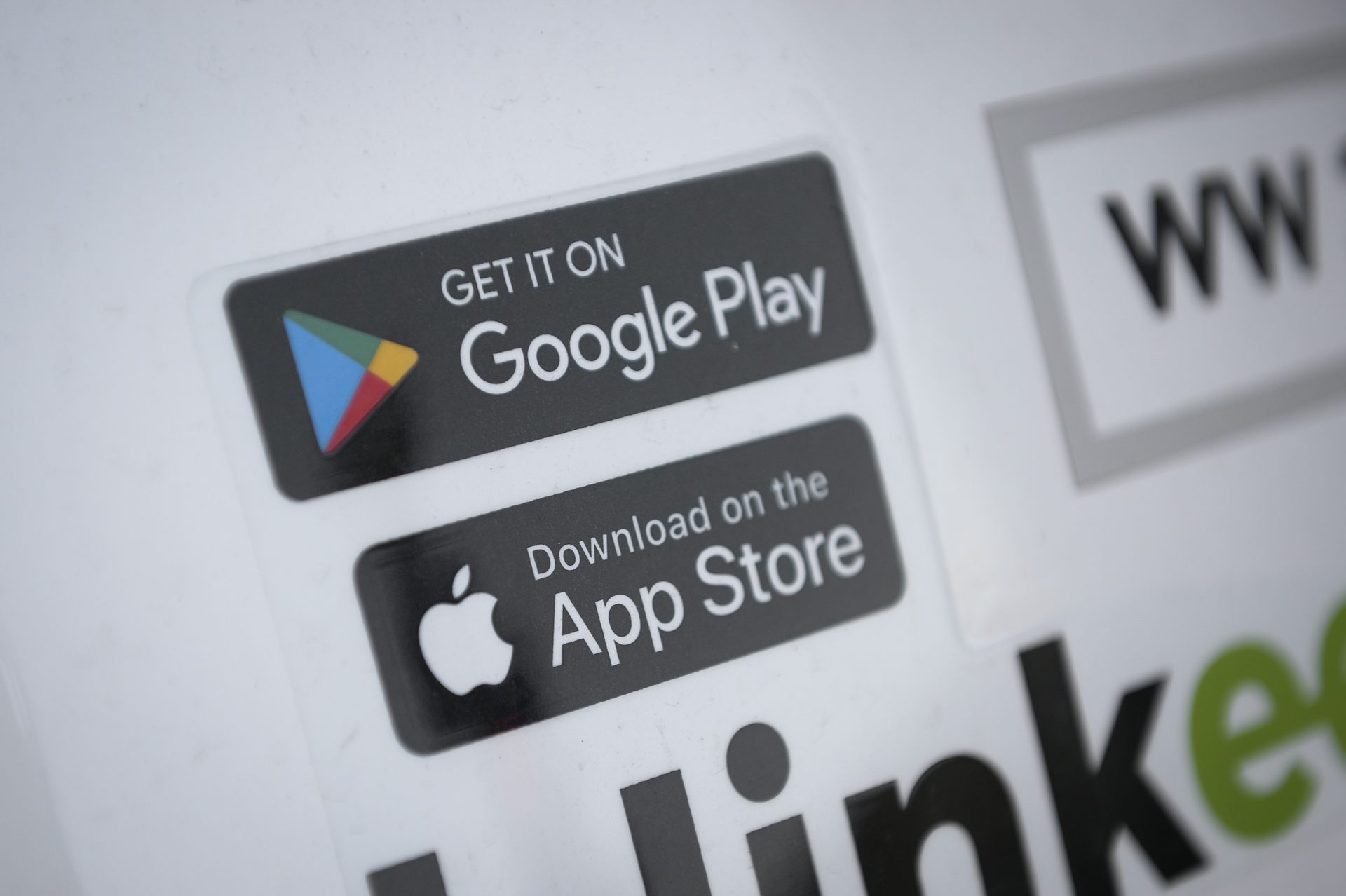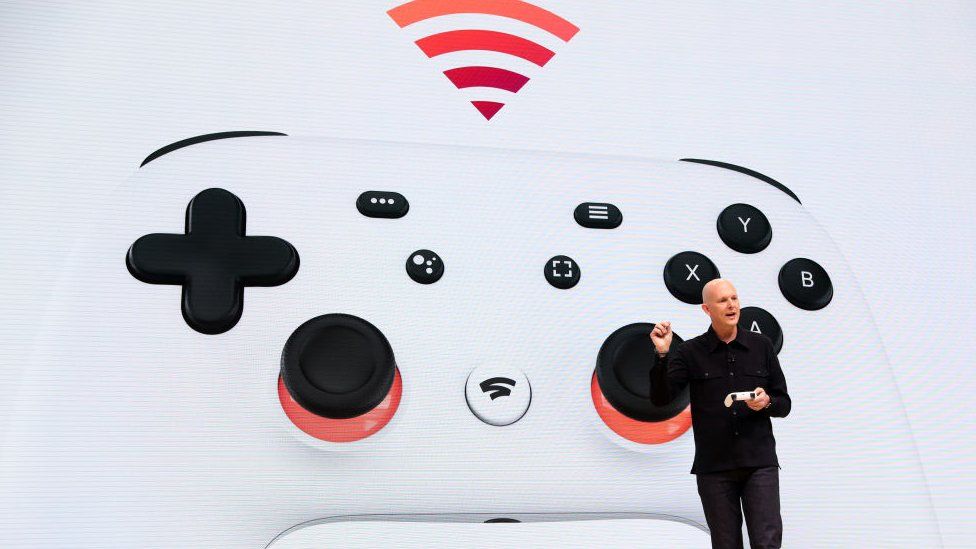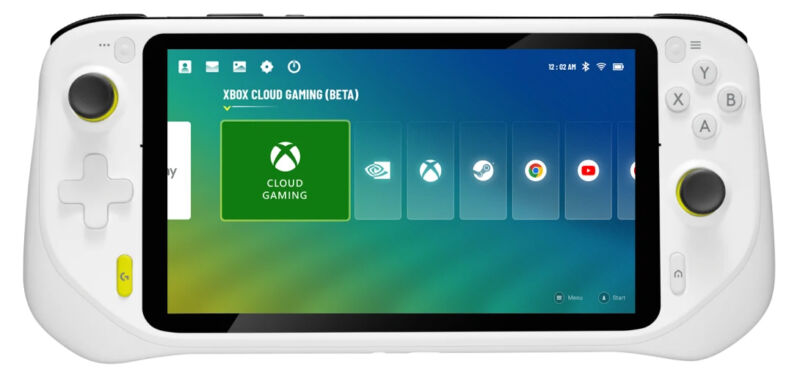Find out the week’s top mobile stories from around the world. Headlines this week include… How Mobile Phones Became a Privacy Battleground, Geofencing is Changing the Game in Mobile Marketing, study shows apps can pose bigger security and privacy threat depending on where you download it and much more.

How Mobile Phones Became a Privacy Battleground
NY Times
In the 15 years since the iPhone’s debut, the world of data privacy has changed significantly. Since 2007, app-privacy controversies—ranging from the social network Path downloading the contents of people’s address books to every weather app under the sun selling location data—have snowballed, leading to concerns both legitimate and misinformed, as well as the inability of many phone owners to determine which threats are real. But digging through history to understand where the privacy controls of iOS and Android began, and how both mobile operating systems have shifted to give people more control, can give you a better idea of what the true threats are right now.
Read more…
The same app can pose a bigger security and privacy threat depending on the country where you download it, study finds
The Conversation
Google and Apple have removed hundreds of apps from their app stores at the request of governments around the world, creating regional disparities in access to mobile apps at a time when many economies are becoming increasingly dependent on them.
The mobile phone giants have removed over 200 Chinese apps, including widely downloaded apps like TikTok, at the Indian government’s request in recent years. Similarly, the companies removed LinkedIn, an essential app for professional networking, from Russian app stores at the Russian government’s request.
Read more…
Mobile Banking Market Expected to Reach USD 3.47 Billion at a 15.4% CAGR by 2030
Global Newswire
According to a comprehensive research report by Market Research Future (MRFR), “Mobile Banking Market, By Solution, By Technology, By Deployment- Global Forecast 2030”, the market will touch USD 3.47 billion at a 15.4% CAGR by 2030.
Mobile Banking Market Drivers
The market size for mobile banking is predicted to expand faster as more people use smartphones. Banks now need to focus more on mobile consumer transactions due to the growing number of smartphone users. By providing mobile banking, banks make it simple for clients to complete transactions, giving them the opportunity to outperform rivals and better position themselves in the market.
Read more…
Geofencing is Changing the Game in Mobile Marketing
Telemediaonline
Around nine out of ten people are smartphone users in the United Kingdom today and the number is only increasing. Two thirds of American adults use a mobile smart phone, and if we count people under 35, the percent goes up to eight five percent.
These staggering numbers are proof of an enormous ecosystem of marketing opportunities. The options for advertising to potential customers based on their locations are endless in their versatility. For most marketing people though, a deeper understanding of this technology is needed in order to develop sound marketing strategies.
Read more…
Safe sex text messaging service failed to cut sexually transmitted infections, study finds
Sky News
Young people who received texts from a messaging service promoting safe sex had higher rates of sexually transmitted infections than those who did not, a study has found.
Researchers from the London School of Hygiene and Tropical Medicine had set out to examine whether texting teens and young adults about safe sex would stop them from getting further infections.
The study, published in the BMJ, looked at two groups of more than 3,100 16 to 24-year-olds who had a previous infection of chlamydia, gonorrhoea, or “non-specific urethritis” – an infection of the urethra most commonly caused by an STI.
Read more…
Global Cellular IoT Module Shipments Grew 20% YoY in Q2 2022
IoT Business News
Global cellular IoT module shipments grew 20% YoY in Q2 2022, according to the latest research from Counterpoint’s Global Cellular IoT Module and Chipset Tracker by Application.
The global cellular IoT module market continued to recover despite a tighter supply chain, COVID-19 lockdowns in China and macroeconomic headwinds. The growth was driven by the ongoing digital transformation involving potential applications around critical infrastructure and logistics catered by some key fast-growing low-tier cellular technologies such as Cat-1 and NB-IoT. Further, module players modified their product offerings, striking partnerships across the value chain, from newer connectivity solution providers to acquiring some key competitors, as the IoT industry enters a very exciting growth phase.
Read more…
Blockchain gamers surge as users attempt ‘stacking crypto:’ DappRadar
Coin Telegraph
User activity on blockchain gaming decentralized applications (DApps) surged in September, with a host of games posting significant increases in the number of active users.
According to data from DappRadar, seven out of the top 10 games in terms of the number of “unique wallet addresses interacting with dapp’s smart contracts” increased over the past 30 days, with all of the top five games being in the green during that time frame.
At the time of writing, the DApps registering growth in the period include Web3 gaming platform Gameta, and blockchain-based games Alien Worlds, Solitaire Blitz, Benji Bananas and Splinterlands, Farmers World and Arc8 by GAMEE.
Read more…
Google to close Stadia cloud service and refund gamers
BBC
Google has announced plans to shut down its Stadia cloud gaming service and refund players.
Stadia was touted as a “Netflix for games” when it launched in November 2019, allowing players to stream games online without owning a console.
But the service will now come to an end on 18 January 2023 because of a lack of “traction” with gamers.
Google has promised refunds to players who purchased its Stadia controller, as well as any games or add-on content.
Read more…
All Facebook and Instagram users in the US can now show off their NFTs
Engadget
Meta is done rolling out support for non-fungible tokens or NFTs in the US. The company first started giving select creators in the country the option to display their tokens on Facebook and Instagram earlier this year. But now everyone in the US can display their collections on both platforms, whether they’re NFTs they’ve created and are selling or something they’ve purchased from creators. Those who have both social media apps can also cross-post their digital collectibles from either app so they don’t have to share them twice.
Read more…
Are Android-based game-streaming handhelds a fad, or are they the future?
Ars Technica
It’s not every day that you see the attempted birth of an entirely new category of video game hardware. But it feels like that’s what we’re seeing this month with the announcement of the Logitech G Cloud and the Razer Edge 5G handheld gaming systems.
While these devices (and somewhat similar emulation-focused handhelds like the AYN Odin) have their differences, they share Qualcomm SnapDragon internals, an Android-based OS, and vaguely Switch-like hardware designs. And while these devices can natively run games designed for Android phones (for whatever that’s worth), the main focus seems to be streaming portable versions of high-end console and PC games through various cloud-gaming providers or in-home streaming options.














